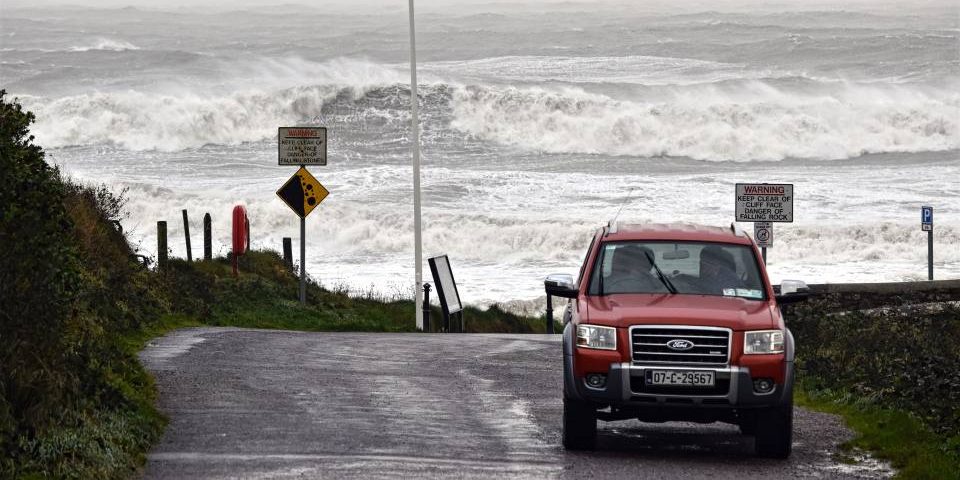This week Northern Ireland is back on the agenda, and the latest government decision signals a major u-turn – albeit one that experts have long predicted: there will be forms, checks, and barriers when trading between Northern Ireland and Britain. Ros Taylor and Roch Dunin-Wąsowicz (LSE) round up the week’s Brexit news.
 The government has confirmed there will be border control posts at Northern Irish ports for goods crossing the Irish Sea to and from Great Britain. Until very recently, Boris Johnson promised there would be no such checks: “There will be no forms, no checks, no barriers of any kind. You will have unfettered access,” he said.
The government has confirmed there will be border control posts at Northern Irish ports for goods crossing the Irish Sea to and from Great Britain. Until very recently, Boris Johnson promised there would be no such checks: “There will be no forms, no checks, no barriers of any kind. You will have unfettered access,” he said.
that time Boris Johnson told Northern Ireland businesses to phone up his future self to ask about filling forms in and he would tell them to throw them in the bin, except now he’s going to have to tell them all that yes they do have to fill them out
— end of daves ❄️ 🥕 🧻 (@davemacladd) May 13, 2020
It would be a ‘huge burden‘, said Unionist politicians, and businesses needed extra support. Experts have long argued that completely frictionless trade is impossible across a customs border:
If this is a surprise to you, congratulations on successfully avoiding listening to a single trade expert in the last five months. https://t.co/Lr994parTq
— Dmitry Grozoubinski (@DmitryOpines) May 13, 2020
But how can this be done? Katy Hayward and Tony Smith reveal, on LSE Brexit, the secret to making the Irish Sea border a smooth crossing:
Making the Irish Sea border work will require partnership, cross-border cooperation, and preparation
How are the US-UK trade talks progressing? The Guardian has a quick guide to what’s at stake. Liz Truss wants to cut tariffs on US produce to help secure a deal, reported the FT. But the great fanfare around the US-UK trade agreement creates expectations that almost certainly will not be met, argues Dalibor Rohac from the American Enterprise Institute.
Great expectations? A US-UK trade deal will most likely disappoint
An amendment to the Agriculture Bill that would have guaranteed a ban on chlorinated chicken and hormone-fed beef failed this week, despite chancellor Rishi Sunak accidentally voting for it.
Meanwhile, Brexiters received a fillip when it emerged that Renault might shift production of two of its models to Sunderland – ‘despite Brexit’, wrote Daniel Hannan happily.
British in Europe, Europeans in Britain
Turns out it isn’t straightforward to apply to the EU Settlement Scheme:
Why COVID-19 jeopardises the EU Settlement Scheme (and what the Home Office can do about it)
As for the millions of British citizens who reside in the EU, they face a patchwork of national systems, many of which are even less comprehensive than the UK’s. Michael Gove complained this week that the EU was not doing enough to ensure expats’ rights. (Read more on LSE Brexit about the particular difficulties of British citizens in France and Spain.) The campaign group British in Europe says “that the solution is to extend the transition period. This would also allow citizens more time to build up the five years necessary to acquire permanent residence, or enough years to apply for citizenship” in their respective countries of residence. But extending the transition period, of course, has been emphatically ruled out by the government – and, somewhat to the surprise of many Labour supporters, even opposition leader Keir Starmer agrees a deal should be done as soon as possible.
Lastly, the confluence of Brexit and COVID-19 has prompted many to point out the downsides of splendid isolation. This time, the FT declares that “British exceptionalism has reached the end of the road“.






